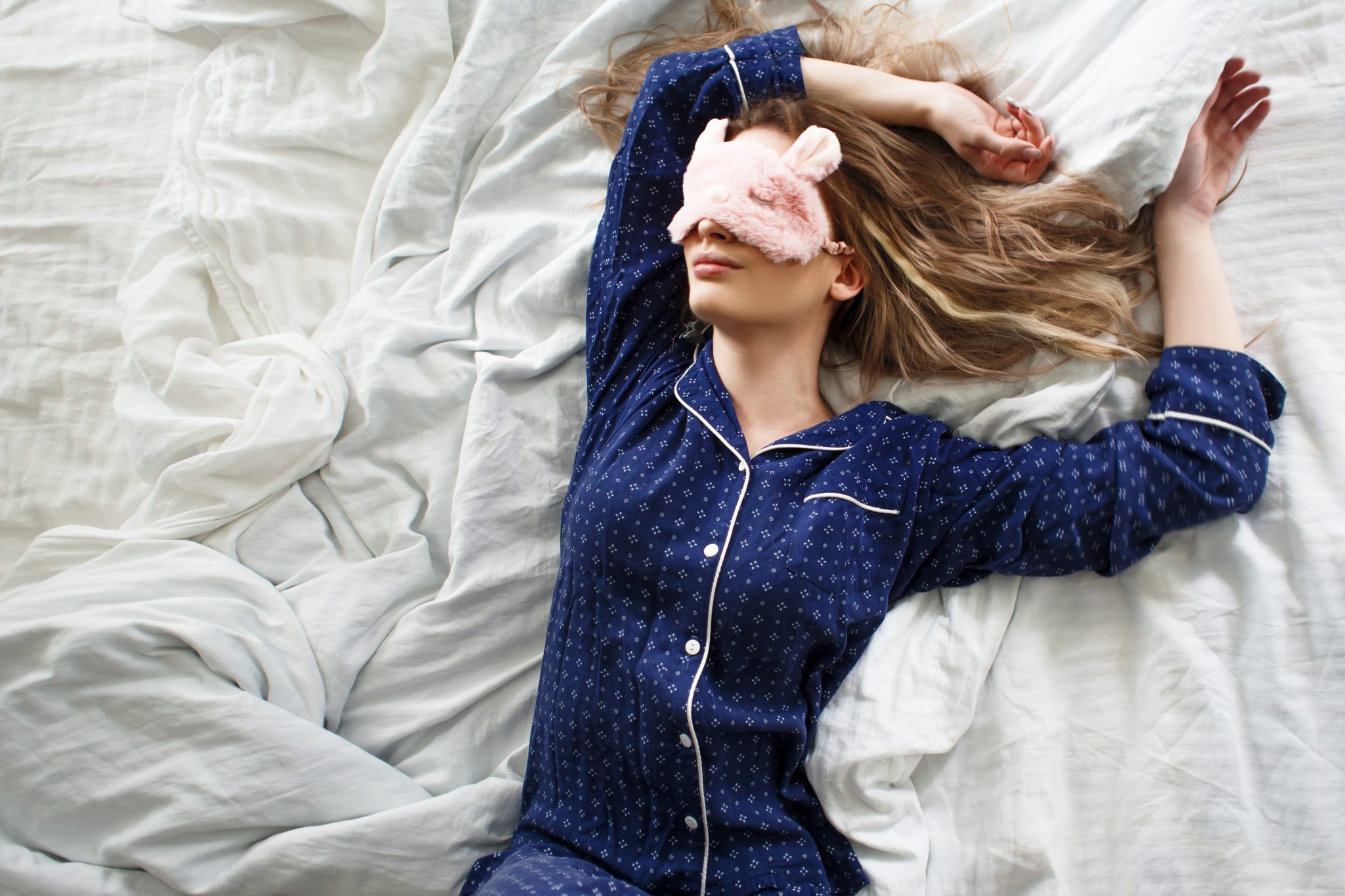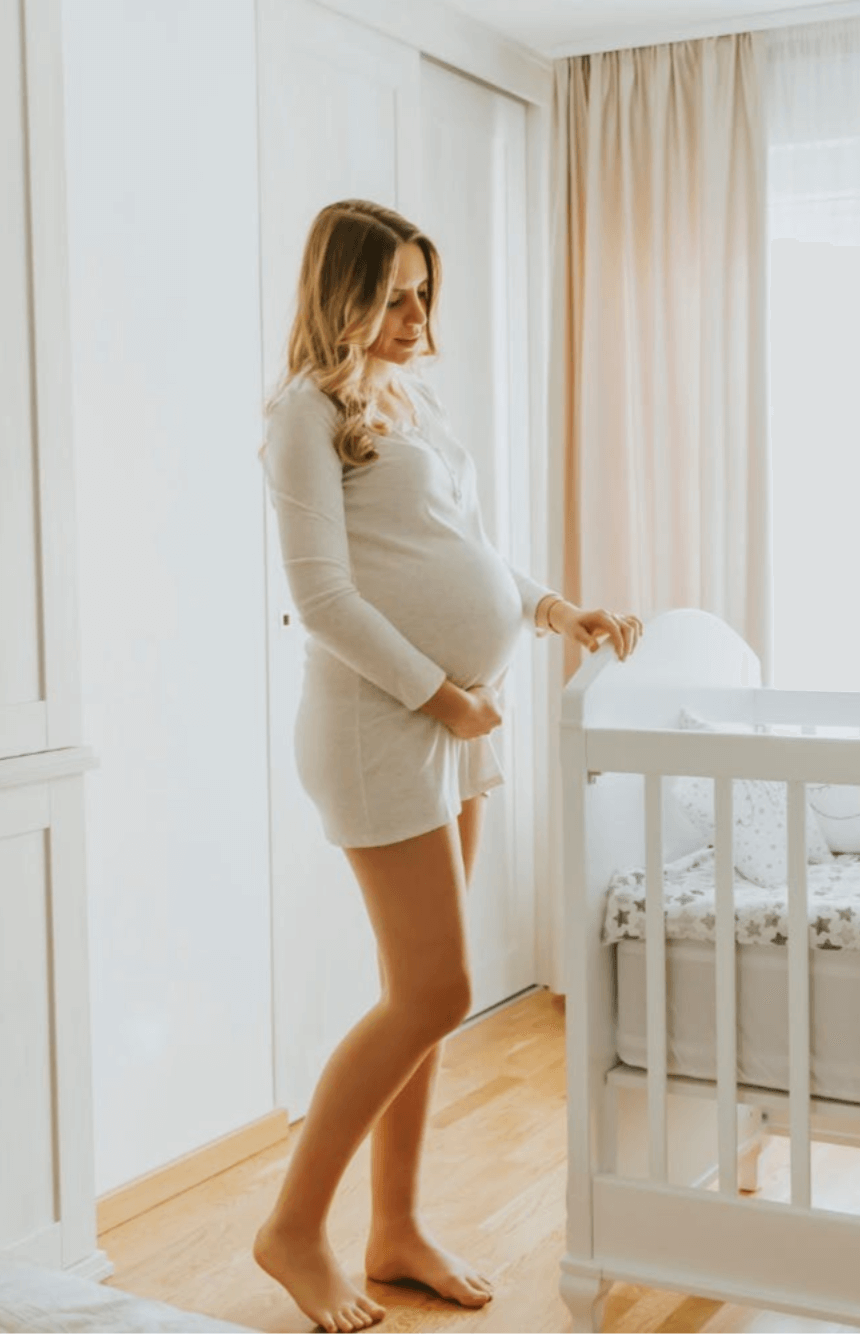
Why You Should Use Acupuncture to Improve Your Sleep
[vc_row][vc_column][vc_column_text]Before we begin, let me tell you about my recent experience with sleep and why I’m interested.
Since giving birth to my son in November, I attempted to kick-start a healthier way of eating by joining my gym on a one month health challenge they were offering, which would hold me accountable for the fact that I was still eating like a pregnant woman, despite being six months postpartum. As a part of the challenge, not only were we recording our food and water intake, but also our sleep! We were told to try and keep track of our amount and quality of sleep to see how it affected our choices and our moods the following day. What I discovered probably shocks no one that’s suffered through a bout of insomnia, but my mood, food choices, patience, and general well-being were all negatively impacted when I did not have a good night’s sleep. Despite the lack of sleep due to having a newborn in the house, I am generally able to get in a solid seven hours of sleep. Once I began keeping track, I noticed a direct connection between the nights of little or interrupted sleep with the days I didn’t eat as well. Upon reflection, I wondered: why had I not made this connection sooner?
When suffering from lack of sleep, our executive functioning abilities (such as problem solving and “higher-order” thinking) are impaired, meaning that not only are we less able to functioning optimally to make these connections in the first place. And even though intellectually we know this isn’t the right choice, we continue to make it anyway. My proof is that I was finding I would much more easily reach for “comfort” food over a healthier choice when I was tired. I was also much shorter on patience with everyone around me when I had reduced sleep the night before. Over time, these behaviors cannot only affect your waistline, but also your quality of life.
Quality sleep consists of five phases, including REM sleep. A typical sleep cycle lasts anywhere from 90 to 110 minutes to complete. During a full sleep cycle you enter all five phases starting with a light sleep that progressively goes deeper until you end on an REM cycle. At which point the phases of sleep start all over again. Sleep, and especially a full cycle of sleep, is vital for a properly functioning brain.
The fact that sleep deprivation has a negative impact on cognitive functions, memory, your health and well-being, as well as your mood is completely unsurprising at this point. What might be surprising however, is the effect of acupuncture on people suffering with insomnia.
Modern research shows that insomnia could be effecting 5% to 35% of the world’s population, and primary insomnia disorder is the world’s most frequently diagnosed sleep disorder. Insomnia is defined as a problem either falling asleep or staying asleep, and some unlucky people suffer with both. Pharmaceuticals treatments remain the most widely used go-to for almost any doctor treating a patient with insomnia, as they are widely available these days.
Though they are not without concerning side effects. Many people are known to sleep walk, sleep eat, even sleep tweet (!) while using pharmaceutical treatments. People seeking a more all-natural route will be interested to know that in a randomized controlled trial published in 2017, acupuncture was found to be more effective than sham acupuncture in improving patients quality of sleep and mental wellbeing.
How does this work?
Well first it is important to know that there are a variety of reasons someone could be suffering with insomnia. That means that there are many solutions and ways in which they work. The release of melatonin for example, at the end of the day, is in line with your circadian rhythm and is controlled by your brain. Acupuncture helps restore hormonal equilibrium, by helping to balance your body along that rhythm. So that falling and staying asleep are not such a challenge and the only side effect is the achievement of a more balanced and relaxed mood!
References
Hsien-Te Huang, M. S., Lin, S. L., & Chi-Hung Lin MS, M. D. (2017). Comparison Between Acupuncture and Biofeedback as Adjunctive Treatments for Primary Insomnia Disorder. Alternative therapies in health and medicine, 23(4), 8.[/vc_column_text][/vc_column][/vc_row]


